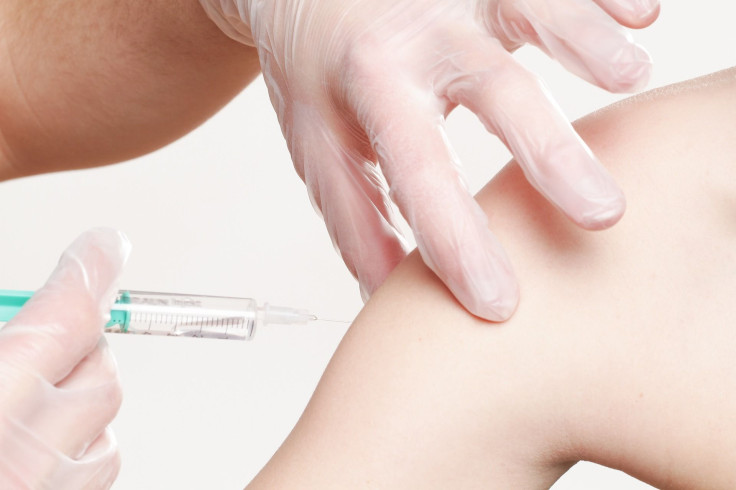Temporary COVID-19 Vaccine Side Effect Affects Only Women: Study
KEY POINTS
- Vaccinated women experienced a one-day change in the menstrual cycle length
- The change was temporary and lasted between three to four months
- The study also found that the menses length was not affected after vaccination
Women who receive the COVID-19 vaccine may experience "small" changes in their menstrual cycle.
An analysis of the menstrual cycle data of nearly 4,000 residents in the United States between the ages of 18 and 45 found that those who got jabbed saw a less than one-day change in their cycle lengths, per a study led by the Oregon Health and Science University in Portland.
"Our findings are reassuring; we find no population-level clinically meaningful change in menstrual cycle length associated with COVID-19 vaccination," the researchers said.
The study, which looked at data from 2,403 vaccinated and 1,556 unvaccinated women, also found no change in the menses length following vaccination.
Around 55% of the vaccinated participants received the Pfizer-BioNTech vaccine, while 35% and 7% received Moderna's and Johnson & Johnson's vaccines, respectively.
Dr. Kim Mackey, a gynecologist at SSM Health, said the one-day menstrual cycle change was temporary and lasted between three to four months, NBC 15 reported.
"The vaccine has an impact on the body, especially when it’s first given; that impact can be stressful, that stress can impact the internal clock a woman has," Mackey explained.
Questions regarding the vaccine's association with other possible changes in menstrual cycles such as menstrual symptoms, unscheduled bleeding and changes in the quality and quantity of menstrual bleeding remained, said the researchers.
As for the vaccines' possible effects on a woman's ability to conceive, there is no evidence to suggest anything negative.
When it comes to the vaccines' possible effects on fertility, Michael Beninati, an obstetrician-gynecologist at UW Health, said there was no evidence to suggest that they had any impact on a woman's ability to conceive.
"Those changes seem to be short-lived, and as we study more long-term consequences, namely on the ability to conceive, there does not appear to be any association between the COVID-19 vaccine and a decreased ability to conceive," Beninati said.
The Centers for Disease Control and Prevention (CDC) also said "there is currently no evidence that any vaccines, including COVID-19 vaccines, cause fertility problems (problems trying to get pregnant) in women or men."
The agency recommended people who are pregnant, trying to get pregnant, or might become pregnant in the future get vaccinated.
The U.S. has reported a total of 76,782,002 COVID-19 cases and 903,038 virus-related deaths, according to data provided by the CDC.

© Copyright IBTimes 2024. All rights reserved.





















